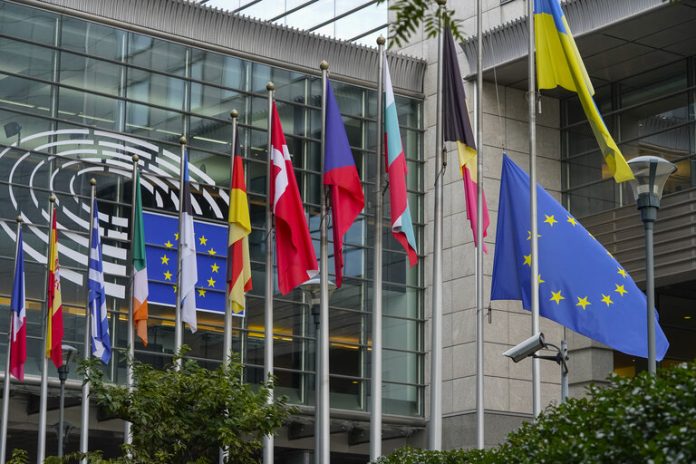MEPs adopted numerous changes to political advertising rules to make EU elections more transparent and resistant to interference, according to a press release issued by the European Parliament.
Voting on Tuesday in the Internal Market and Consumer Protection Committee on a draft law regulating the transparency and targeting of political advertising, MEPs adopted their position by 31 in favour, none against and 9 abstentions.
The changes made to the Commission’s proposal require that only personal data explicitly provided for online political advertising can be used by advert providers. This creates a de facto ban on micro-targeting, a strategy that uses consumer data and demographics to identify the interests of specific individuals.
Furthermore, the committee introduced a whole host of other provisions to further regulate the broader activity of targeting, such as a blanket ban on using minors’ data.
Considerable changes were made to the proposal to allow much more information to be made easily available to citizens, authorities and also journalists. An online repository containing all online political advertisements and related data would also be created.
The amended text would make it easier to obtain information on who is financing an advert, on how much was paid for it, and from where the money originated. Information will also be published on whether an advertisement has been suspended for violating the rules, on the specific groups of individuals targeted and what personal data were used for this, and the views and engagement with the advertisement. MEPs also want to give journalists a specific right to obtain such information.
MEPs introduce the possibility of periodic penalties to be levied for a repeated violation and the obligation for large advertisement service providers to suspend their services for 15 days with a particular client in case of serious and systemic infringements. The Commission is empowered to introduce EU-wide minimum sanctions.
The adopted text also strengthens the powers of the national authorities and allows the European Data Protection Board to take over an investigation into an infringement and enforce the rules.
MEPs also propose to ban non-EU based actors from being able to pay for political advertisement in the EU.




